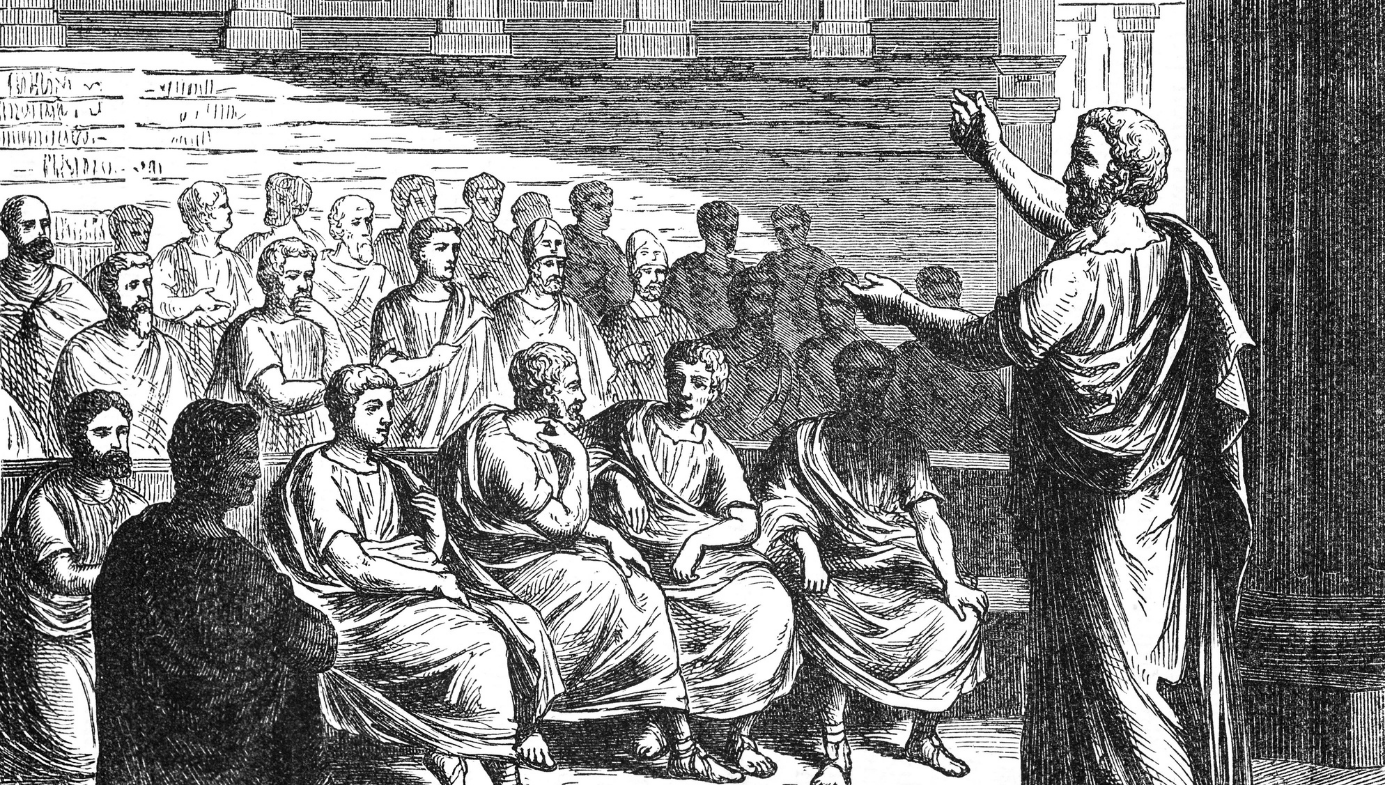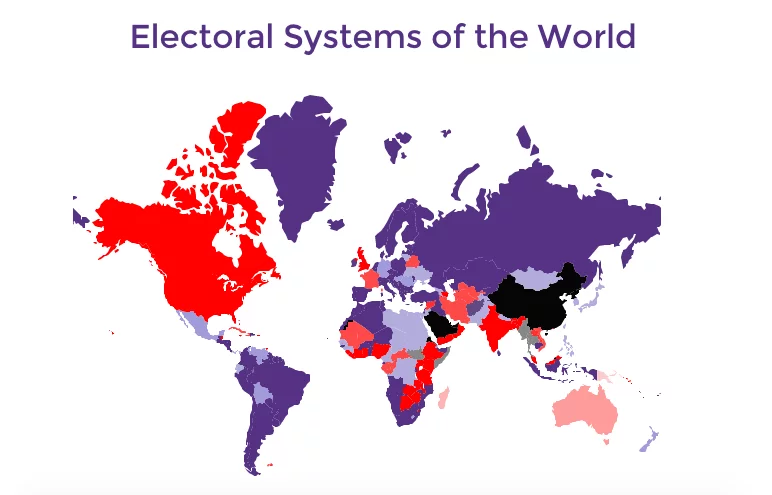The Impact of Political Philosophy on Thought and Action
Explore how political philosophy influences thought and action. Discover the pivotal role of political philosophy in shaping societies.

The Impact of Political Philosophy on Shaping Political Thought and Action
In an era characterized by rapid changes in governance and politics, the role of political philosophy in shaping political thought and action has never been more significant. From the daily updates in US political news to the state of world politics news and international political news, political philosophy serves as the underlying framework that guides political decisions and policies. In this blog post, we will explore the profound influence of political philosophy on contemporary politics, upcoming political events, and political campaign strategies.
The Foundation of Political Philosophy
Political philosophy is the theoretical study of governance and politics, providing a foundational framework for understanding the nature of the state, the rights and responsibilities of citizens, and the structure of political institutions. It delves into fundamental questions about justice, power, authority, and the role of government in society. Prominent philosophers throughout history, such as Plato, Aristotle, Hobbes, Locke, Rousseau, and Marx, have contributed significantly to this field. Their ideas continue to reverberate in today's political landscape.
Shaping Political Thought
Political philosophy shapes political thought by offering a set of normative principles and ideas upon which individuals and societies can base their beliefs and actions. For example, John Locke's social contract theory underpins the concept of individual rights and limited government in the United States. Such ideas have a profound impact on how citizens perceive their rights and duties within the political system.
Informing Governance and Politics
Governance and politics are deeply influenced by political philosophy. Government policies, laws, and regulations often reflect the dominant political philosophies of the time. For instance, socialist principles have influenced the development of social safety nets and welfare policies in many countries. Conversely, libertarian philosophies emphasize limited government intervention and individual freedom, which can be seen in policies related to taxation and regulation.
US Political News and International Political News
US political news and international political news are arenas where the impact of political philosophy is most evident. Debates over issues such as healthcare, immigration, foreign policy, and climate change often revolve around competing philosophical perspectives. These perspectives inform the positions taken by political parties, policymakers, and advocacy groups.
Political Campaign Strategies
Political campaign strategies are deeply rooted in political philosophy. Candidates and political parties craft their messaging, platforms, and policy proposals based on the principles and values they uphold. For example, a candidate who subscribes to environmental ethics may prioritize climate change as a central campaign issue, while a candidate with a focus on economic liberalism may emphasize tax cuts and deregulation.
Future Political Events
The impact of political philosophy on shaping political thought and action extends to future political events. As new challenges and opportunities arise, political actors will turn to philosophical principles to guide their responses. For instance, the ethical considerations surrounding emerging technologies like artificial intelligence and biotechnology will require careful philosophical analysis.
The Evolution of Political Philosophy
Political philosophy is not a static field; it evolves over time, adapting to the changing social, technological, and cultural landscape. As society progresses, new questions and challenges emerge, necessitating a reevaluation of existing philosophical frameworks and the development of new ones. This evolution is particularly evident in today's political climate.
Technology and Ethical Dilemmas
The rapid advancement of technology has raised ethical dilemmas that require a fresh examination of political philosophy. Issues such as online privacy, surveillance, and the regulation of emerging technologies like AI and genetic engineering demand thoughtful consideration from a philosophical standpoint. Ethical principles related to individual autonomy, privacy, and the common good are crucial in shaping policies and laws in these domains.
Globalization and Interconnectedness
Globalization has brought about a greater interconnectedness among nations, economies, and cultures. This has given rise to complex international political news and challenges that necessitate a reevaluation of political philosophy. Philosophers and policymakers grapple with questions about global governance, the distribution of resources, and the responsibilities of states in addressing global issues like climate change and pandemics.
Inclusivity and Social Justice
Inclusivity and social justice have become central themes in contemporary political thought. Political philosophers are engaging in discussions about diversity, equity, and inclusion, aiming to develop frameworks that promote fair and just societies. Concepts like intersectionality and multiculturalism are shaping the way we approach issues related to identity, discrimination, and representation in governance and politics.
Environmental Ethics
Environmental ethics has gained prominence as climate change and environmental degradation pose existential threats. Philosophical perspectives on humanity's relationship with nature and our responsibilities toward the environment inform policies and actions aimed at addressing these global challenges. Ecocentrism, biocentrism, and anthropocentrism are among the philosophical stances influencing environmental policy and activism.
Ethical AI and Autonomous Weapons
As artificial intelligence becomes more integrated into society, questions about the ethics of AI and autonomous weapons have surfaced. Political philosophers are actively exploring the moral implications of AI decision-making, algorithmic bias, and the potential for harm caused by autonomous weapons systems. Ethical frameworks and regulations are being developed to ensure responsible AI development and deployment.
Social Media and Information Ethics
The advent of social media has transformed the way information is disseminated and consumed. Ethical questions regarding the spread of misinformation, the impact of echo chambers, and the consequences of online speech are central to contemporary political discourse. Political philosophy is vital in guiding discussions on freedom of expression, digital ethics, and the regulation of online platforms.
Political philosophy remains a dynamic and indispensable force in shaping political thought and action. It evolves alongside societal changes, providing ethical guidance and normative frameworks for addressing new challenges and opportunities. As we navigate the complexities of governance and politics in the 21st century, the enduring relevance of political philosophy ensures that it will continue to influence the decisions and actions that shape our world. Informed by the wisdom of the past and the exigencies of the present, political philosophy is a beacon guiding us toward a more just, equitable, and sustainable future.
What's Your Reaction?
















